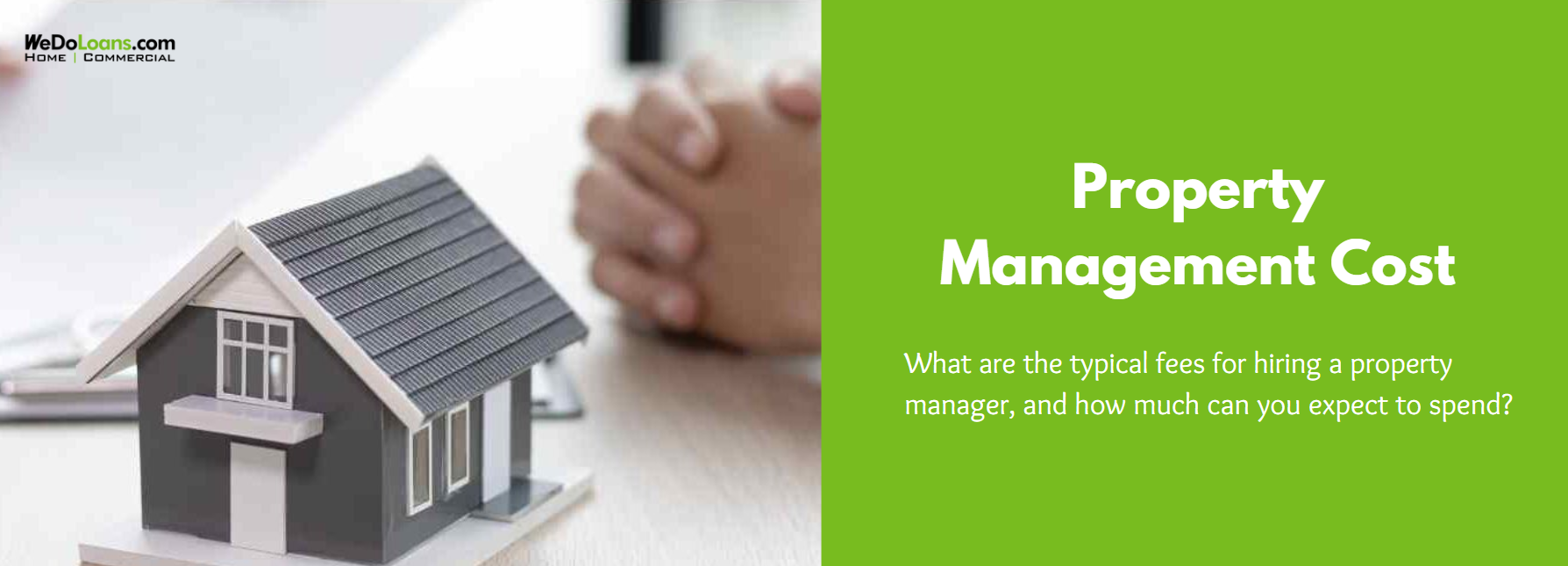
Managing rental properties can be time-consuming and labor-intensive. Tasks like marketing vacancies, collecting rent, handling maintenance, and navigating evictions require consistent attention. For many real estate investors, the convenience of hiring a property manager outweighs the cost. Delegating these responsibilities to a professional can be a smart investment.
What Are the Duties of a Property Manager?
Property managers generally oversee both tenant-related and property-related matters. On the tenant side, they handle leasing tasks such as advertising units, screening renters, conducting move-in/move-out inspections, collecting rent, and managing delinquencies or evictions when necessary.
Regarding property upkeep, managers coordinate routine maintenance, respond to tenant service requests, and supervise repairs or upgrades. They’re also the ones taking those late-night calls about emergencies like water leaks or HVAC issues.
In essence, a property manager handles most operational aspects of running a rental.
Typical Property Management Costs
Property management companies usually charge a monthly fee ranging from 8% to 12% of the collected rent. On top of that, owners should expect other charges — some recurring, others situational. These might include costs for repairs, maintenance, leasing new tenants, or handling evictions. While there may be extra fees, many of these are expenses landlords would incur anyway.
Some companies may impose a minimum monthly fee, especially for properties generating lower rents.
Common Property Management Fees
Here are some of the typical fees associated with property management:
- Initial Setup Fee: A one-time charge for onboarding your property, which may include inspections, paperwork, and setting up financial systems.
- Monthly Management Fee: The ongoing 8–12% fee that covers regular duties such as rent collection and tenant communication.
- Maintenance/Repair Fees: Costs related to property upkeep are passed through to owners and may include vendor charges or fees for using in-house staff.
- Leasing or Vacancy Fee: A fee (often equal to one month’s rent or a portion of it) for marketing the unit, screening tenants, and signing leases.
- Eviction Fee: A charge for processing evictions, which may also include court-related expenses.
- Early Termination Fee: Some managers charge a fee if you end the service agreement early.
- Late Rent Collection Fee: If a tenant pays rent late, a portion of the late fee may be retained by the manager for their efforts.
- Miscellaneous Fees: These can include charges for inspections, lease renewals, and maintaining vacant units.
Factors That Influence Property Management Pricing
Several elements can impact how much you’ll pay for property management services:
- Property Type: Single-family homes, multifamily units, vacation rentals, and commercial spaces may have different fee structures.
- Lease Length: Short-term rentals often require more oversight and may incur higher fees than long-term leases.
- Size of the Property: Larger properties typically require more time and maintenance, resulting in higher management costs.
- Location: Properties in high-cost or highly competitive markets may have higher associated management fees.
- Market Rent Rates: In areas with higher rents, managers may charge a lower percentage. In lower-rent markets, higher percentages are common.
- Level of Service: Some companies offer all-inclusive services, while others charge separately for each task. It’s important to compare total offerings when evaluating costs.
How Property Management Costs Are Structured
Property management fees typically fall into three main categories:
- Base Management Fee: Usually 8%–12% of rent collected.
- Operational Costs: Expenses such as maintenance and repairs, which are passed through directly to the property owner.
- Situational Charges: Fees that arise based on specific events, such as evictions, vacancies, or early contract termination.
Is Hiring a Property Manager Worth It?
Whether or not you should hire a property manager depends on your goals and capabilities as an investor. If you lack the time or desire to manage your own properties — or if you’re struggling with tenant issues, rent collection, or maintenance — a property manager can add real value and potentially increase your returns.
Evaluate your current rental income and vacancy rates. If these metrics are underperforming, a skilled property manager might help optimize your investment. On the other hand, experienced landlords who enjoy property management and have the systems in place might choose to self-manage — at least until their portfolio grows.
Conclusion
While property managers do charge a variety of fees, they also take over the day-to-day tasks that can bog down landlords. For most investors — especially those with multiple properties — the efficiency and peace of mind a professional manager brings often outweigh the cost.
